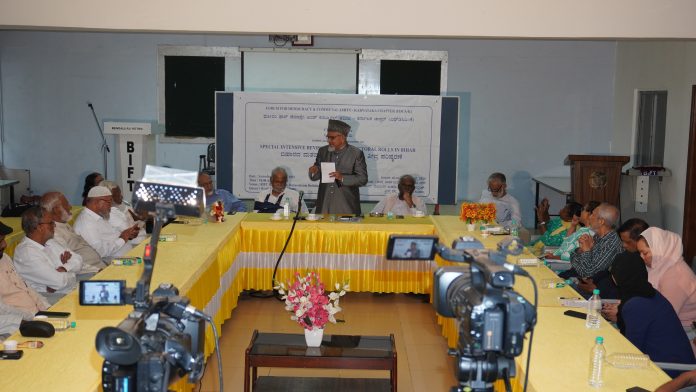Bengaluru: A packed consultation hosted by the Forum for Democracy & Communal Amity (FDCA) in association with CIVIC-Bangalore examined the Election Commission of India’s (ECI) ongoing “special intensive revision” (SIR) of electoral rolls in Bihar, with speakers warning that the exercise, as framed, risks largescale exclusion and blurs the line between voter enrolment and citizenship determination.
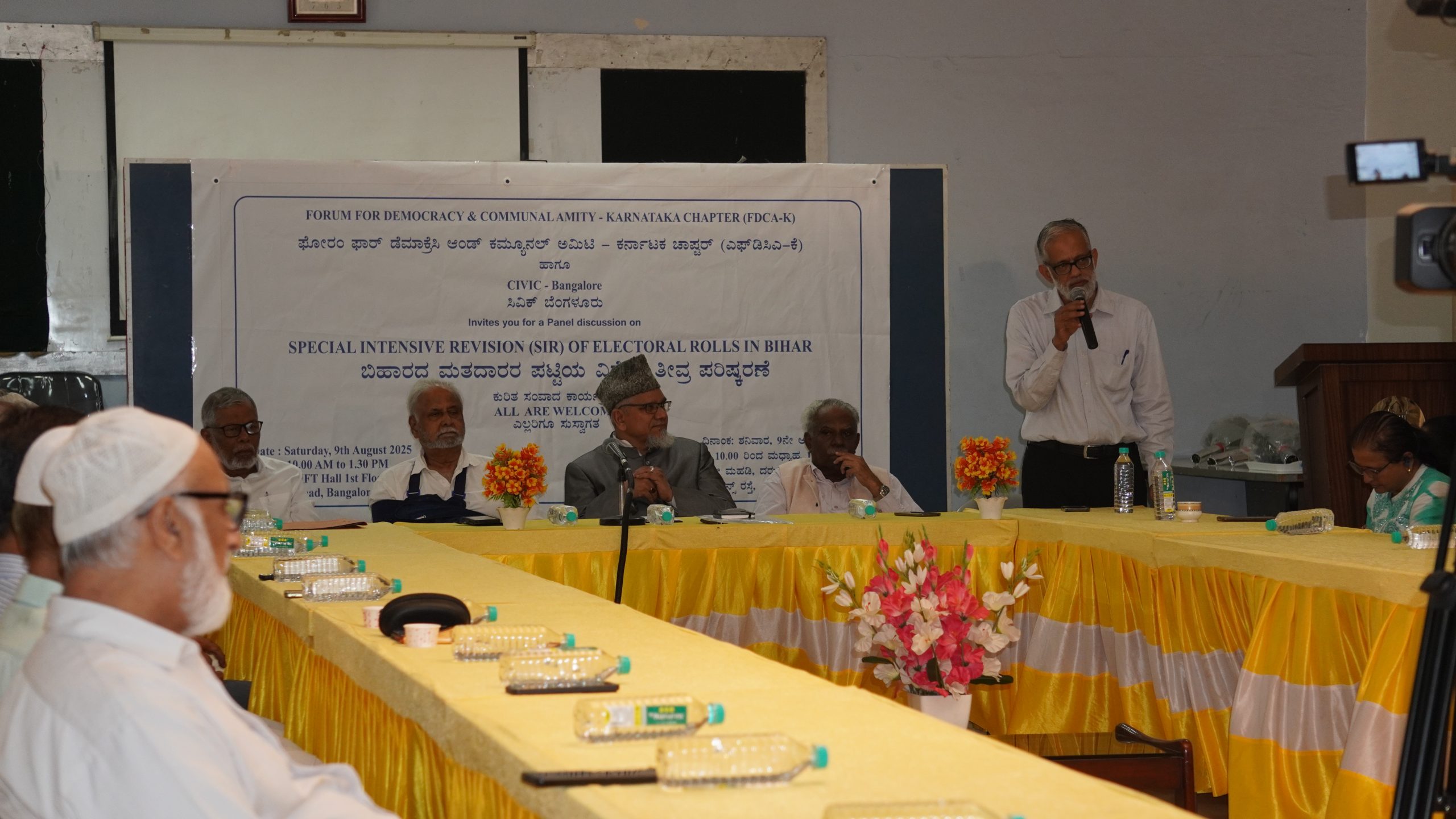 Moderated by Dr. Mohammed Taha Mateen, the programme opened with welcome remarks by M.F. Pasha, who said the SIR had been sprung “in haste” and amid widespread documentation gaps among migrants, informal workers and other vulnerable groups – precisely those who miss mass enrolment windows. He underlined the growing perception that the revision is being carried out “at the behest of the ruling dispensation”.
Moderated by Dr. Mohammed Taha Mateen, the programme opened with welcome remarks by M.F. Pasha, who said the SIR had been sprung “in haste” and amid widespread documentation gaps among migrants, informal workers and other vulnerable groups – precisely those who miss mass enrolment windows. He underlined the growing perception that the revision is being carried out “at the behest of the ruling dispensation”.
“Term Not in Law; Due Process Ignored”
Prof. Jagdeep Chhokar, founding member of the Association for Democratic Reforms (ADR), outlined the petition ADR and Bihar citizens have filed in the Supreme Court.
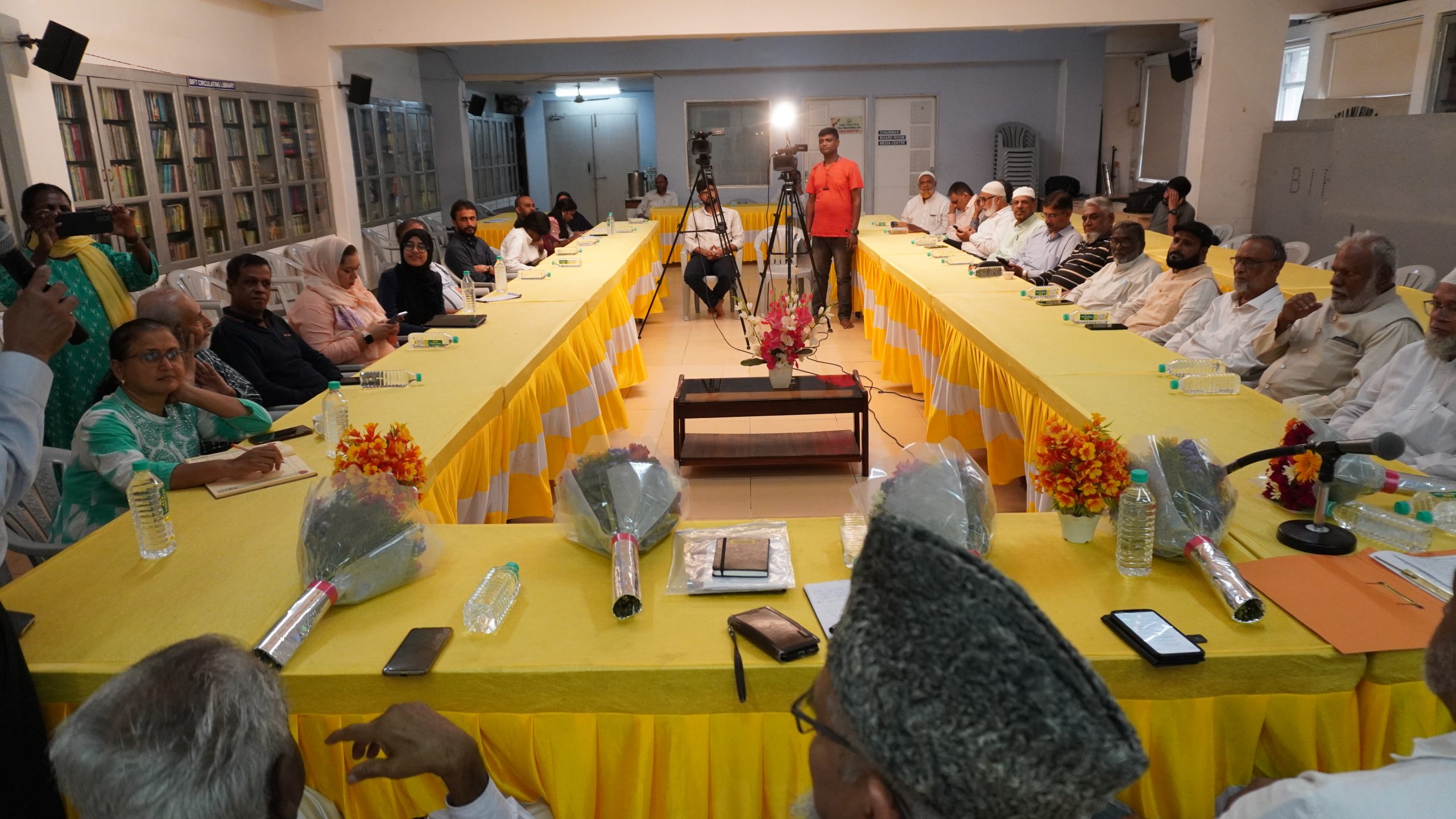 He argued that India’s election laws recognise only summary and intensive revisions; “special intensive revision” does not exist in statute. He listed three core legal defects in the 24 June notification:
He argued that India’s election laws recognise only summary and intensive revisions; “special intensive revision” does not exist in statute. He listed three core legal defects in the 24 June notification:
- It creates an arbitrary presumption of citizenship for those on the rolls as of 1 January 2003, while withholding the same presumption from later registrants, disenfranchising crores without the notice and personal hearing mandated for deletions.
- By tying enrolment to proofs that verge on determining citizenship, the ECI strays into powers conferred on the Home Ministry/Foreigners Tribunals under the Citizenship Act, he said.
- Conflicting communications over what documents must be filed and by when have produced “a state of confusion”, with EROs empowered to initiate suo motu inquiries and even refer “suspected foreign nationals” – a pathway ripe for misuse, he cautioned.
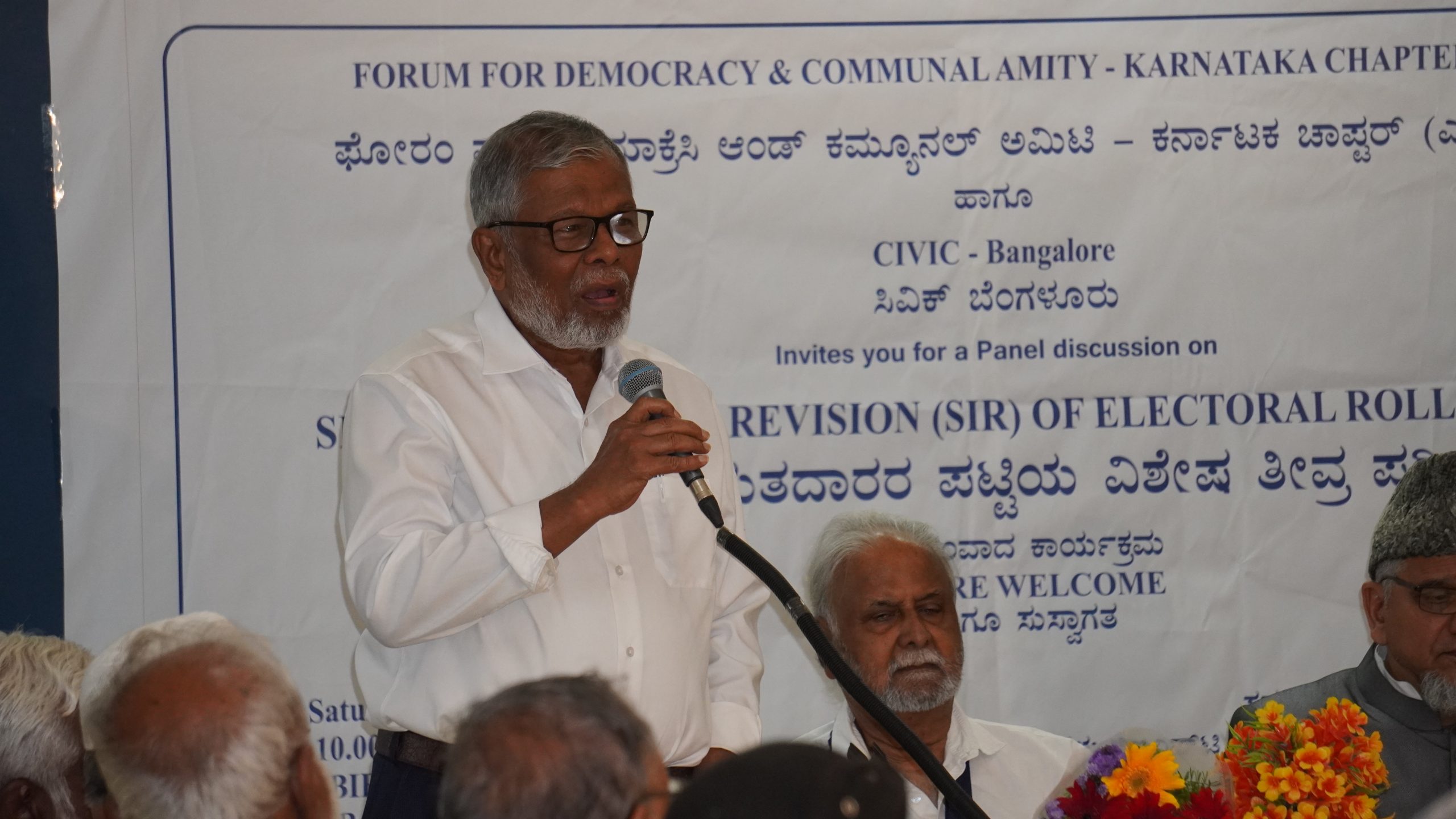 Chhokar also questioned the plan to mobilise tens of thousands of EROs/BLOs, party workers and unnamed “volunteers” without transparent training, neutrality safeguards or clear authorisation.
Chhokar also questioned the plan to mobilise tens of thousands of EROs/BLOs, party workers and unnamed “volunteers” without transparent training, neutrality safeguards or clear authorisation.
“From Inclusion to Exclusion”
Veteran administrator M.G. Devasahayam framed elections as the periodic transfer of people’s sovereignty, arguing that systems must allow voters to know their ballots are “cast as intended, recorded as cast, and counted as recorded”.
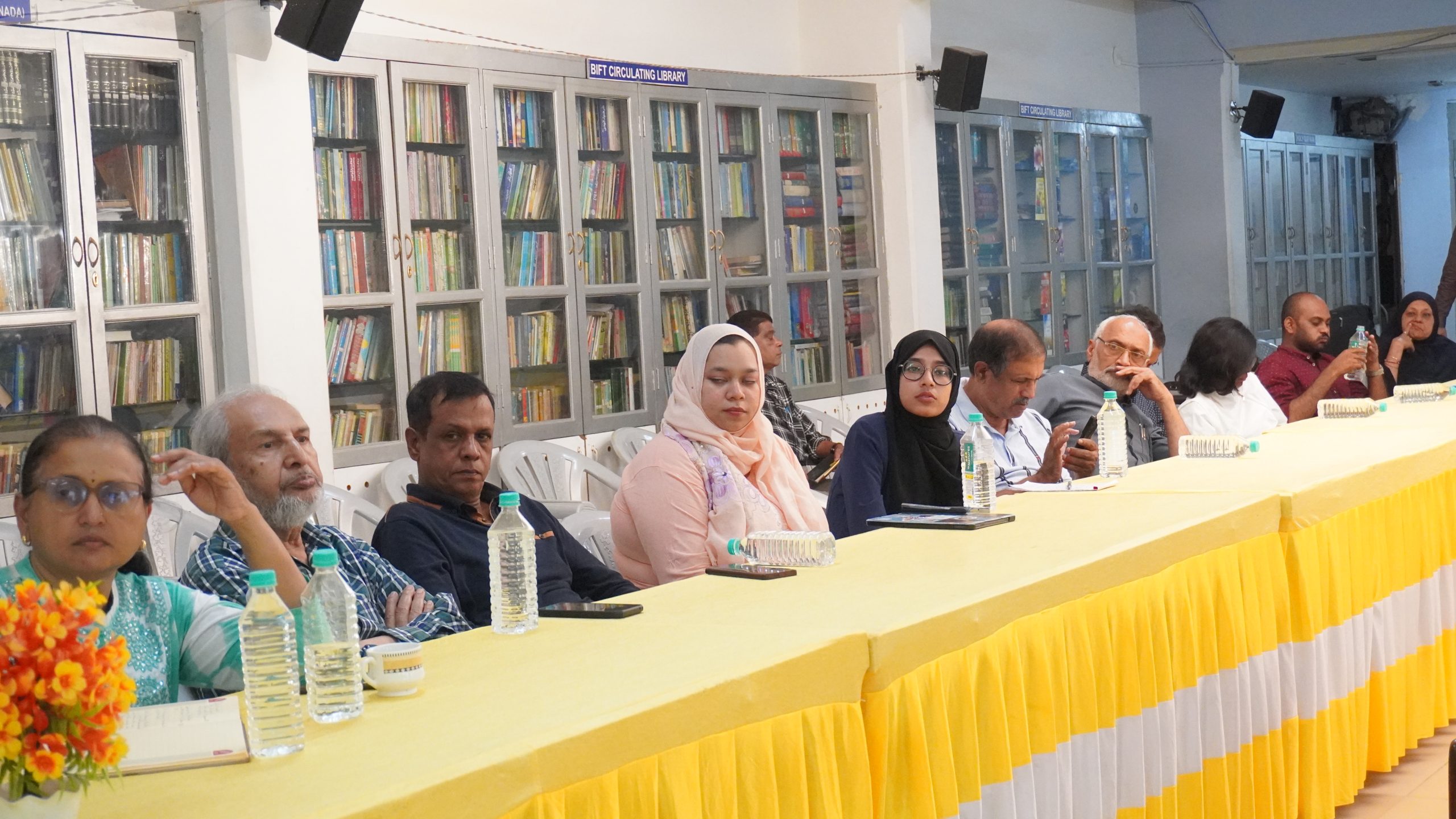 He said trust in the process had eroded, pointing to unresolved concerns around EVM–VVPAT usage and data transparency on turnout and results. His recommendations: revert to paper ballots (as several democracies have done), and democratise roll-management by publicly reading draft rolls at the village/ward level so communities can correct additions and deletions on the spot before finalisation.
He said trust in the process had eroded, pointing to unresolved concerns around EVM–VVPAT usage and data transparency on turnout and results. His recommendations: revert to paper ballots (as several democracies have done), and democratise roll-management by publicly reading draft rolls at the village/ward level so communities can correct additions and deletions on the spot before finalisation.
Intention, Method, Timing
A third intervention – structured around intention, method and timing – argued that the Bihar SIR appears less a routine clean-up and more an attempt to remake the rolls ahead of polls, with deadlines too compressed to avoid errors. The speaker urged parties and civil society to mount peaceful, district-level public actions to defend due process, stressing that “electoral roll verification is good if done by the book, round the year.”
“Protect EC’s Independence; Expand, Not Shrink, Franchise”
Delivering presidential remarks, Prof. Salim Engineer said the EC’s foremost duty is to include every eligible voter, especially migrants, homeless persons and the poor rather than to narrow the electorate through stringent, shifting documentation demands. He called for safeguarding the independence of the Election Commission, warning against using enrolment procedures to pursue a separate citizenship agenda. “Democracy is weakened when inconvenient voters are selectively deleted,” he said, urging a citizen-centred process, regular revisions, and full transparency.
An engaging Q&A session followed, with participants sharing on-ground accounts from Bihar such as unsigned forms being processed, uncertainty over document cut-off dates, and mass “deceased/ moved/ duplicate” tags that citizens say are incorrect.
The vote of thanks was proposed by Ms. Kathyayini Chamaraj, Vice-President, FDCA, and Executive Trustee, CIVIC-Bangalore, who reminded the audience that FDCA and CIVIC, organisations with over 50 years of public-interest work, have long campaigned for deeper citizen participation in urban governance under the 74th Constitutional Amendment (Nagarpalika Act).
Dr. Mateen steered the discussion to action points: insistence on due process for deletions, community verification of drafts, clarity and uniformity in document requirements, and a rights-based, inclusion-first approach to enrolment.
The house converged on a simple test for any revision – does it make it easier, not harder, for every eligible Indian to vote? On Bihar’s SIR, speakers said, that bar has not yet been met.


